Health Matters; -ANTIBIOTICS
Hello Steemit friends,
how are you all? I hope you are all well by the grace of Allah. I am also fine by the grace of Allah.Today, I will participate in the new contest from Healthy Steem brought by the honorable Moderator @sahmie. The name of the Contest is "Health Matters (17); ANTIBIOTICS" Thank you Healthy Steem for bringing this beautiful contest to us.
.jpg)
Image design by CanvaPixabay
How do antibiotics help us fight off infections?
When our body is unable to fight infection with its natural immune system, we need antibiotics. Antibiotics help naturally prevent disease. For example:-
- Antibiotics interfere with the production of disease-causing bacteria in the body. - Such as penicillin and cephalosporins.
- Bacteria need protein to produce it. Antibiotics like tetracyclines and macrolides - prevent the production of that protein.
- Antibiotics block the metabolic pathways of bacteria.
- Antibiotics help the body recover by weakening the bacteria in the body.
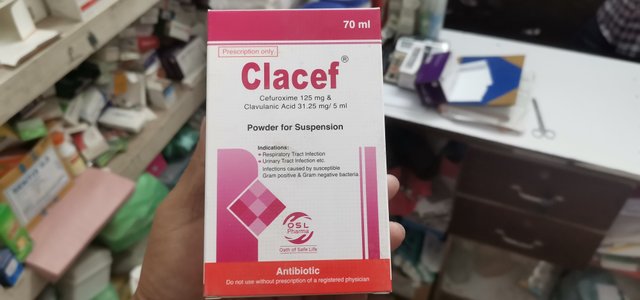
What are some side effects of taking antibiotics?
Antibiotics are powerful tools of medicine. However, they also have some side effects that depend on the specific medicine, the dose, and the physical condition of the person being treated. I am presenting some side effects. For example:-
- Gastrointestinal problems may occur due to the use of antibiotics.
- Nausea may occur.
- Diarrhea may occur.
- Stomach pain or cramping may occur.
- Antibiotics can kill the body's beneficial intestinal bacteria.
- A rash may appear on the body.
- Itching may occur on the body.
- Swelling of the face, eyes, throat, and lips may occur. In severe cases, anaphylaxis may occur. This is a life-threatening reaction.
- Antibiotics disrupt the balance of bacteria and fungi in the body, which can lead to yeast problems in the mouth and genitals.
Can change the taste of food. Such as metronidazole. - Some antibiotics can damage the liver. Such as tetracycline or amyl glycosides.
- Gentamicin antibiotics can cause ototoxicity. Which can cause hearing problems.
- Antibiotics such as chloramphenicol can affect the production of blood cells.
- Antibiotics such as fluoroquinolones can cause dizziness, headache, confusion, or seizures.
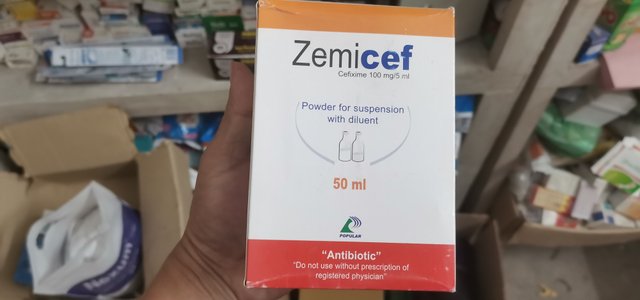
Why is antibiotic resistance a problem, and how can we avoid it?
Antibiotic resistance occurs when bacteria develop mechanisms to survive exposure to antibiotics that would normally kill them or stop them from growing. This is a significant problem. Because:-
- Resistant bacteria make antibiotics ineffective and make infections more difficult to treat.
- Untreated infections can be fatal. For example, in vulnerable populations such as children, the elderly, and immunocompromised people.
- Antibiotic resistance requires a concerted effort by healthcare providers. For example:-
- Antibiotics should only be used to treat bacterial infections. Not for colds.
- There is a specific course of antibiotic use. Even if the bacteria are dead, the course of antibiotics must be completed.
- Antibiotics should be stopped from being stored.
- Antibiotics prescribed by one person should not be used by another.
- Healthcare providers should prescribe antibiotics judiciously using the correct medication, dose, and duration.
- The use of antibiotics in agriculture should be limited, especially as growth promoters in livestock.
- The public should be made aware of the misuse and risks of antibiotics.
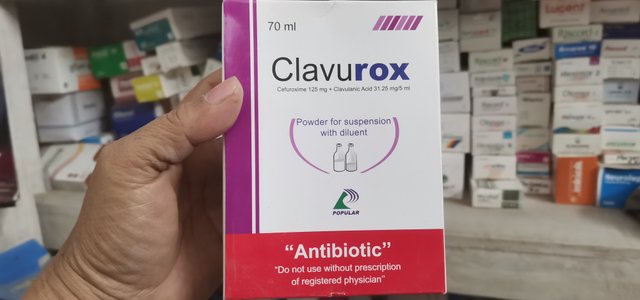
Do antibiotics affect our immune system?
Yes, antibiotics directly and indirectly affect our immune system. For example:-
- Antibiotics often kill not only harmful bacteria but also beneficial bacteria in the intestines.
- Antibiotics reduce the body's production of short-chain acids, which are important for the body's resistance to disease.
- The development of the immune system is hindered.
- The risk of allergies increases.
- It creates a temporary weakness in the body.
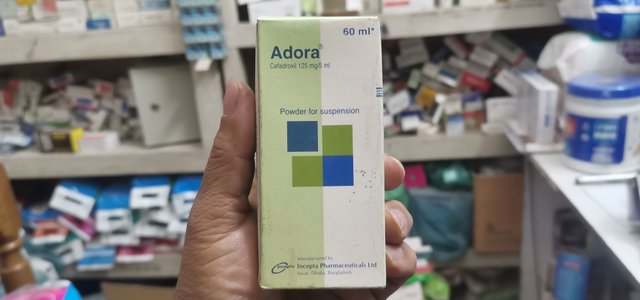
Can we treat diseases without using antibiotics?
Of course, some diseases are caused by viruses, fungi, or non-bacterial pathogens. Diseases that can be treated with antibiotics are:-
- We can use vaccines for diseases such as measles, mumps, and polio.
- We can use rest, hydration, and over-the-counter medicines for fever, cold, and pain relief.
- We can use medicines such as fluconazole or terbinafine as medicine for fungal infections.
- We can use ointments or creams for fungal infections of the skin or nails.
- We can use vaccines to prevent bacterial infections such as tetanus, diphtheria, and pneumococcal diseases.
- We can eat a healthy diet and immune function.
- We can use bacteriophages to target specific bacteria.
- We can increase the body's natural defenses with monoclonal antibodies or immune modulators.
- We can prevent bacteria by taking proper care of the wound and providing adequate care.
How can we use antibiotics responsibly?
Antibiotics play an important role in the health of our body. Again, various problems are created due to the unnecessary use of antibiotics. Therefore, the use of antibiotics should be responsible and appropriate. What we need to do is:-
- Antibiotics should be taken only after following the advice of a specialist doctor.
- The specified course of antibiotics should be completed.
- The dose should not be increased or decreased at will.
- Say no to antibiotics when needed.
- The positive and negative sides of antibiotics should be highlighted by everyone.
In this way, we can ensure the use of antibiotics.
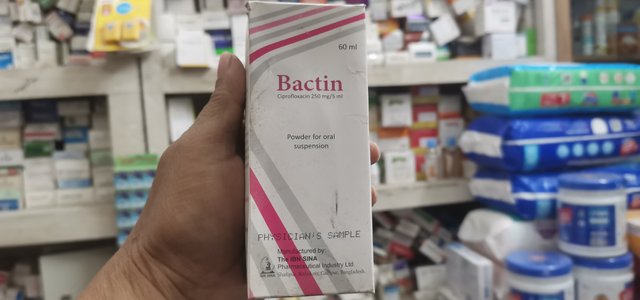
I would like to invite three of my friends:-


Hola querido
Me gusta mucho tu concepto, lo cierto es que el sistema inmune puede combatir los microorganismos, pero obviamente siempre habrá algo que interfiera y allí es donde entran los antibióticos.
Me alegra verte compartir con nosotros
Un gusto tenerte por aquí en Healthy Steem
¡Recuerda visitar a tus amigos para ganar visibilidad!
Te invitamos a seguir las redes sociales para steem y steemit:
@dexsyluz ma'am.
Thank you so much for reviewing my post and your beautiful comments.